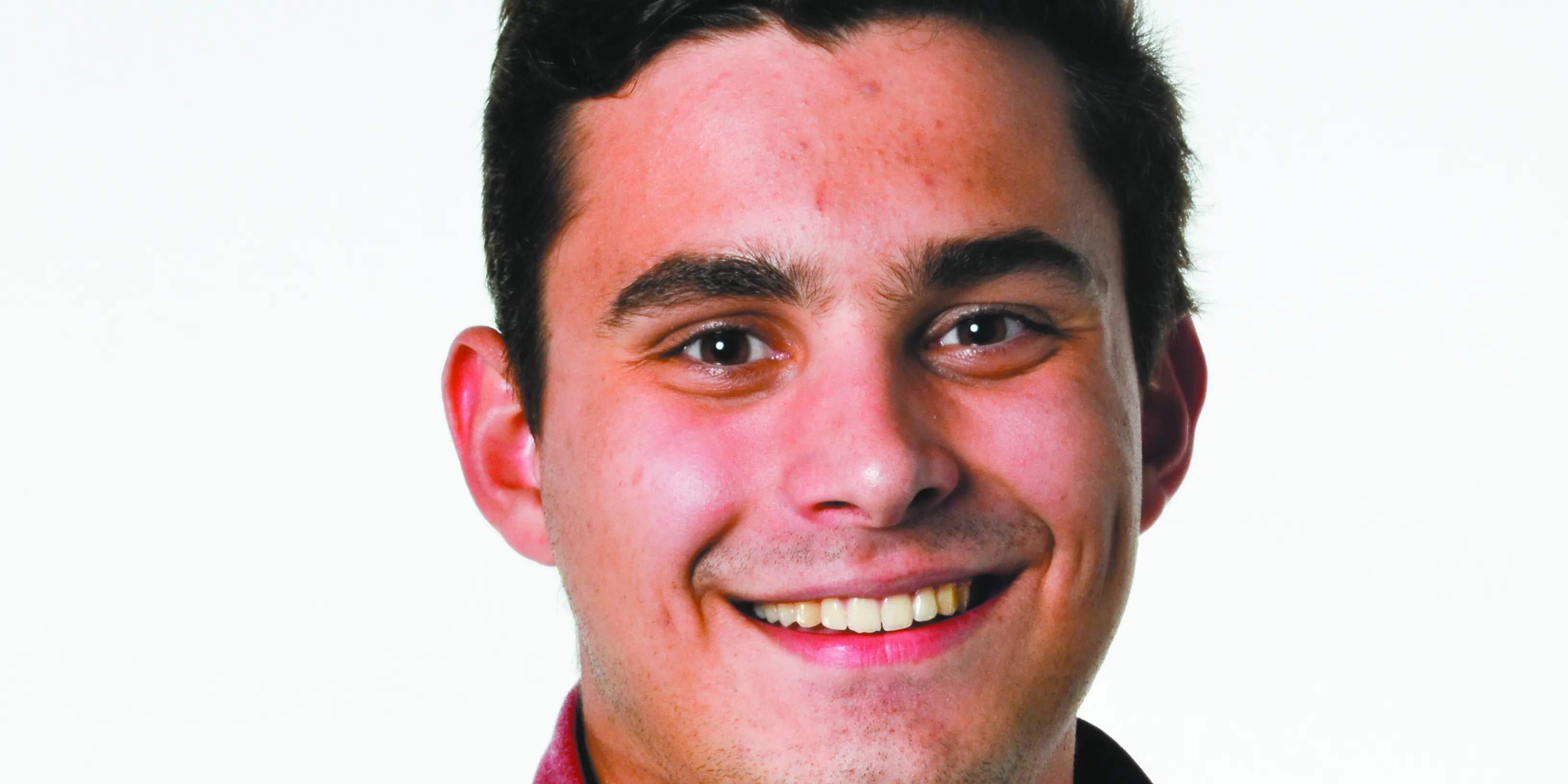Last week’s bombshell news that several top college basketball programs are the target of an FBI corruption investigation has renewed the debate around the NBA’s age rule and the practicality of the “one-and-done” phenomenon that has plagued the NCAA in recent years.
Powerhouse programs Duke, UNC, Michigan State, Arizona, Kentucky and Kansas have all been implicated in some way. Arizona’s head coach, Sean Miller, is in especially hot water; an unconfirmed ESPN report alleges that he was caught on an FBI wiretap discussing a $100k payment to recruit DeAndre Ayton. If true, it is very likely that he has coached his final game. And it wouldn’t surprise many to see more high-profile names come under fire moving forward as the investigation progresses.
Lonzo Ball, a former standout at UCLA, has claimed that everybody’s getting paid under the table. Lebron came out and called the NCAA corrupt. His sentiment is shared by many across the country.
The relationship between the NCAA as a governing body, the individual schools and the athletes themselves is far too complicated to address in such a short space, so it’s hard to say whether the NCAA is indeed corrupt. Still, it’s obvious to most that something isn’t working, particularly as it pertains to basketball. Players feel like they deserve to be compensated for the service they provide their schools, but schools (and the NCAA) want to preserve the players’ status as amateurs. Eventually, something will have to give. I’d suggest a solution: the NBA ought to strongly consider allowing students to declare for the draft directly from high school rather than forcing them to spend a year in college or abroad.
From the players’ standpoint, this would be fantastic. Those talented enough to jump to the NBA right out of high school could go pro immediately and get their coveted payday. And players who need time to develop physically and mentally—or perhaps those who want a degree as a backup option in case their NBA dreams don’t pan out—could attend college and play there.
Many object to the idea of high schoolers bypassing college and going straight to the NBA. Some will say “they’re not mature enough” or “they need a degree so they can get a job if the NBA doesn’t work out.” Sure, maybe some players aren’t emotionally ready to go pro out of high school and would benefit from an extra year to mature. But it’s not my job, or your job, or the NBA’s job to develop arbitrary rules that dictate people’s career choices to them. We live in a free society, and if people decide they’d rather forego college and get paid today, that’s their decision to make.
As for the second point, I’m actually sympathetic to the idea that even the most talented recruits should get an education—sports are risky, injuries are common and careers can crash and burn before they ever really begin (just ask Greg Oden). Still, that’s not my call to make. And to pretend that star players really learn anything their freshman year is silly; the vast majority of those planning to go “one-and-done” only do the bare minimum to stay eligible, (rightfully) spending most of their time practicing and training. What’s the point in forcing young players to spend only one year in college if they don’t have the time or energy to take advantage of the classes and resources available?
I don’t see one, especially not today. I understand some of the intuition behind the NBA’s age rule, but in 2018, everyone would be better off if the league abolished it. Players could get paid, schools could avoid having to pay their players and the NCAA could avoid the sorts of scandals that have rocked the organization over the last week. The benefits are clear, the costs minimal—it’s only a matter of time before we start seeing 18-year-olds being drafted to the NBA only weeks after graduating high school.
Contact Andrew Ziperski at ajzip ‘at’ stanford.edu.
